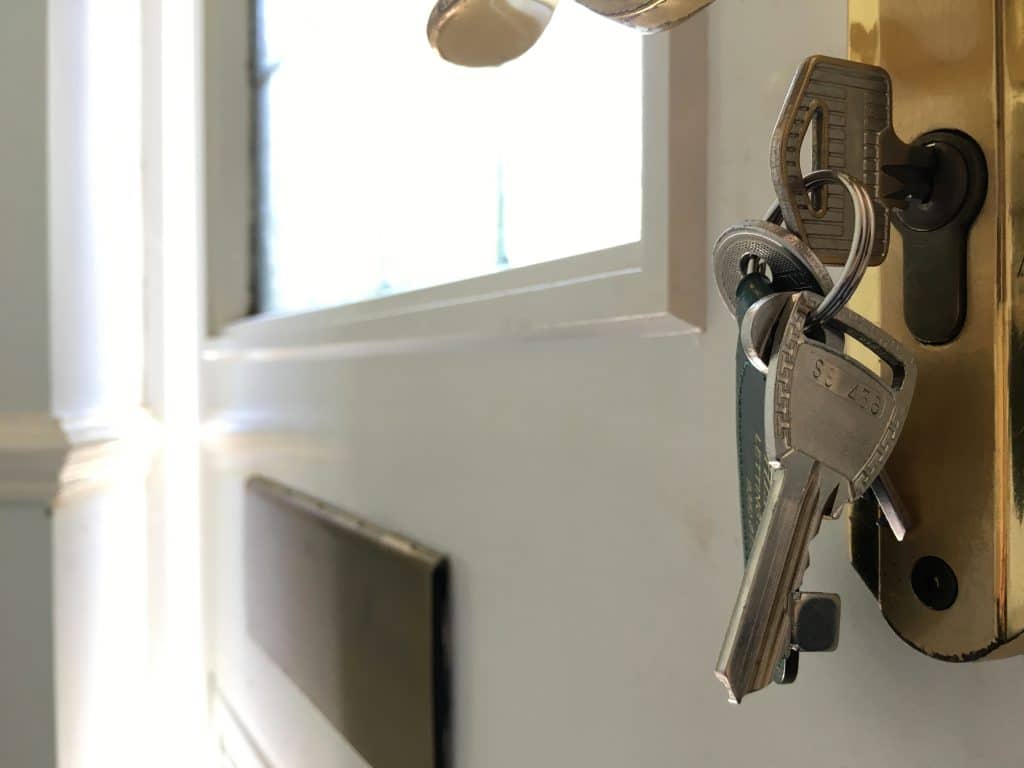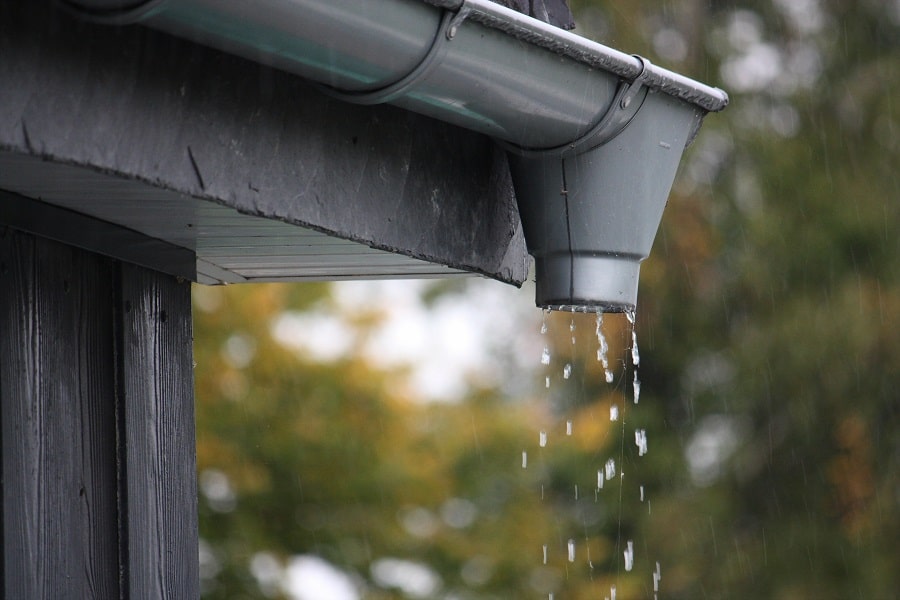Just when you think your property taxes can’t get any higher, they do! It’s no secret that the cost of owning a home or commercial property is rising every year – with much of the burden caused by hefty tax bills. But there are effective strategies you can use to reduce the amount you have to pay and make your hard-earned money go further. In this post, you will find some simple ways to lower your property taxes to keep more cash in your pocket. So if high increases on your real estate tax bill are leaving you feeling overwhelmed or frustrated, read on to find out how these techniques could save you some serious dough!
Brief Overview Of Property Taxes

Before jumping into the tips and tricks for reducing your property tax bill, it’s essential to understand a little bit about how these taxes work. Property taxes are calculated based on the assessed value of your property and the tax rate determined by your local government. To determine your property’s value for tax purposes, factors such as its size, location, and any upgrades it has received are taken into account. It’s essential to comprehend how this assessment is made as it can assist you in identifying strategies to decrease your tax obligations.
Being knowledgeable about property tax assessment can not only help you avoid overpaying, but it can also empower you to take advantage of any tax breaks or exemptions you may qualify for. By staying informed about property taxes, you’re better equipped to make decisions that will benefit your personal finances.
Effective Methods to Lower Your Property Taxes
There are several methods that can help you lower your property taxes. This section will discuss each of the following strategies in detail, providing you with the tools you need to effectively reduce your tax burden.
Ensure Accurate Property Assessment

Errors in your property assessment can lead to inflated property taxes. It’s essential to review your assessment for any inaccuracies, such as incorrect square footage or property classification. If you find any discrepancies, contact your local tax assessor’s office to request a correction. They may require documentation or proof to support your claim, so be prepared with any necessary paperwork.
In some cases, you may need to file a formal appeal to correct your property assessment. Therefore it is essential to familiarize yourself with your local appeals process and any deadlines associated with filing. Furthermore, it is best to be thorough and timely, as this can make a significant difference in the outcome of your appeal.
Enhance Energy Efficiency

Implementing energy-efficient home improvements can also lead to lower property taxes by qualifying you for various tax credits or incentives. These incentives encourage homeowners to adopt sustainable practices and reduce their energy consumption. Upgrades such as solar panels, energy-efficient windows, or insulation can all result in tax savings.
However, before investing in any energy-efficient upgrades, you should research the available tax credits or incentives in your area. You can find this information on local government websites or by contacting your tax assessor’s office. Be sure to keep all receipts and documentation related to the improvements, as you may need them when filing for the incentives.
Research Comparable Properties

Researching comparable properties in your neighborhood can provide valuable information to support your property tax appeal. If you discover that similar properties are assessed at a lower value than yours, it may indicate that your property is overvalued. Gather data on these comparable properties, such as sale prices, assessed values, and property features, to build a case for a lower assessment.
When presenting this information during your appeal, focus on the similarities between the properties and highlight any discrepancies in the assessments. This research can provide compelling evidence that your property’s assessment should be adjusted, ultimately leading to lower property taxes.
Defer Maintenance And Upgrades

Deferring maintenance and upgrades may also have a positive impact on your property tax assessment. By postponing non-essential improvements, such as cosmetic renovations or home improvement projects, you can avoid increasing your property’s assessed value. This strategy is particularly useful when you’re expecting an upcoming property assessment.
Keep in mind that deferring maintenance should only be a short-term solution. Neglecting essential repairs can lead to costly problems down the line, so it’s important to strike a balance between lowering your property taxes and maintaining your home’s value.
Limit Curb Appeal During The Assessment Period

While not a surefire method, limiting your home’s curb appeal during the property assessment period can potentially result in a lower property tax bill. Assessors may consider your home’s exterior appearance when determining its value, so presenting a modest facade could work in your favor. Simple actions like postponing landscaping projects or not painting your home’s exterior during the assessment period can make a difference.
However, it is vital to exercise caution when using this strategy. You will want to avoid any damage to your property or the creation of an unsafe environment. Take into consideration any potential negative consequences before deciding to reduce your home’s curb appeal.
Consult a Property Tax Professional

Depending on the complexity of your case, it may be beneficial to consult a property tax professional. These experts have in-depth knowledge of local tax laws and experience navigating the appeals process, which can increase your chances of a successful outcome. A property tax professional can also help you identify any tax breaks or exemptions you may qualify for.
And while hiring a professional may involve an upfront cost, the potential savings on your property taxes can far outweigh the initial investment. Just be sure to research and choose a reputable property tax professional with a proven track record of success in your area.
Stay Informed On Local Tax Laws And Legislation

Finally, staying informed about local tax laws and legislation is crucial for homeowners looking to lower their property taxes. Even small changes in tax laws can impact property tax rates and the availability of exemptions or incentives. By staying up-to-date with these changes, you can take advantage of any new opportunities for savings.
The best way to stay informed is by following local news sources, attending town hall meetings, or subscribing to newsletters from your local government or tax assessor’s office. Being proactive in monitoring tax-related developments will help you make well-informed decisions when it comes to managing your property taxes.
Lowering Your Property Taxes Is Possible!
Lowering your property taxes may seem challenging, but by implementing the strategies discussed in this post, you can effectively reduce your tax burden and improve your financial situation. From ensuring an accurate property assessment to staying informed about local tax laws, each step you take will bring you closer to achieving your goal. Remember, knowledge is power, and by staying informed and proactive, you can make a significant impact on your property taxes!


